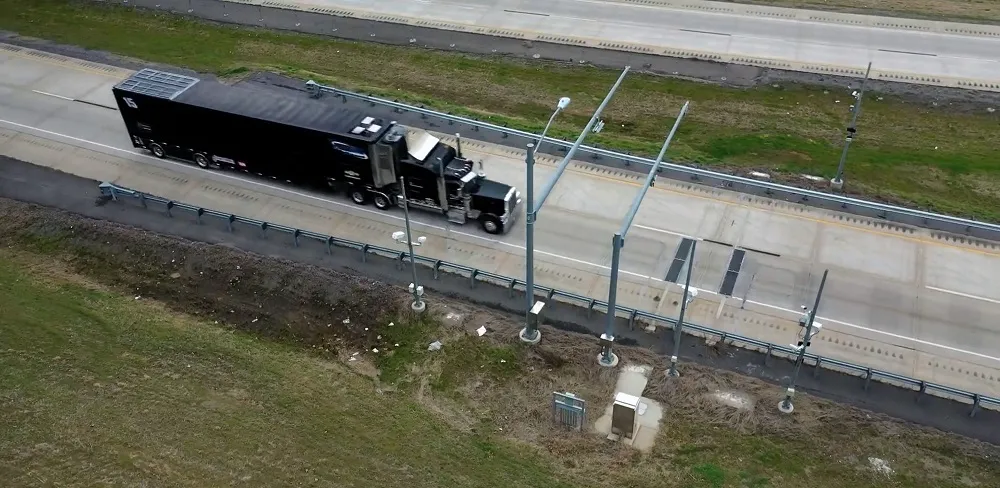Its frequency modulated continuous wave (FMCW) 76GHz technology and the robust design of the radars, coupled with the ability to operate 24 /7 in all light and weather conditions, even in dense fog, make AdvanceGuard the preferred technology for the challenges faced by airport operations and security services.
With low installation and ongoing maintenance cost, the overall cost of ownership is very competitive compared to traditional fence detection systems. AdvanceGuard’s 360-degree radius detection offers a range of up to 1,000 metres man detection, making it ideal for for perimeter and critical security restricted area (CSRA) surveillance. Multiple overlapping radar sensors can be networked to offer site-wide security coverage, controlled and monitored via a single PC running Navtech Radar’s sophisticated Witness physical security information management (PSIM) software.
An additional benefit of the system is that it also has the potential to be used as a surface movement system, meaning that the radars would serve a dual purpose.
Fully compliant with the standards and recommended practices of the International Civil Aviation Organisation (ICAO) security manual 8973, AdvanceGuard is now installed at 16 commercial airports, including Ostrava in the Czech Republic, Valencia in Spain and Bristol Airport in the UK.
Navtech radar airport surveillance flying ahead
Navtech Radar’s AdvanceGuard radar based perimeter intrusion detection system (PIDS) for airports is ideally suited to the challenge of the wide perimeters of most commercial airports.
Its frequency modulated continuous wave (FMCW) 76GHz technology and the robust design of the radars, coupled with the ability to operate 24 /7 in all light and weather conditions, even in dense fog, make AdvanceGuard the preferred technology for the challenges faced by airport operations and security services.
With lo
July 28, 2014
Read time: 2 mins










